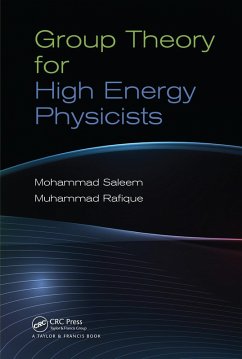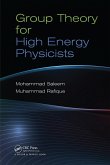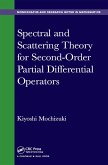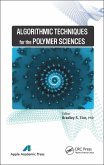Showing how to use group theory to solve high energy physics problems, this text presents groups, especially Lie groups, and their characteristics in a way that is easily comprehensible to physicists. The book illustrates the importance of group representations to accommodate elementary particles with specific characteristics. With numerous worked examples and problems, it also discusses the role of continuous groups in advancing our understanding of particles and their interactions. A solutions manual and figures slides are available with qualifying course adoption.
Dieser Download kann aus rechtlichen Gründen nur mit Rechnungsadresse in A, B, BG, CY, CZ, D, DK, EW, E, FIN, F, GR, HR, H, IRL, I, LT, L, LR, M, NL, PL, P, R, S, SLO, SK ausgeliefert werden.









